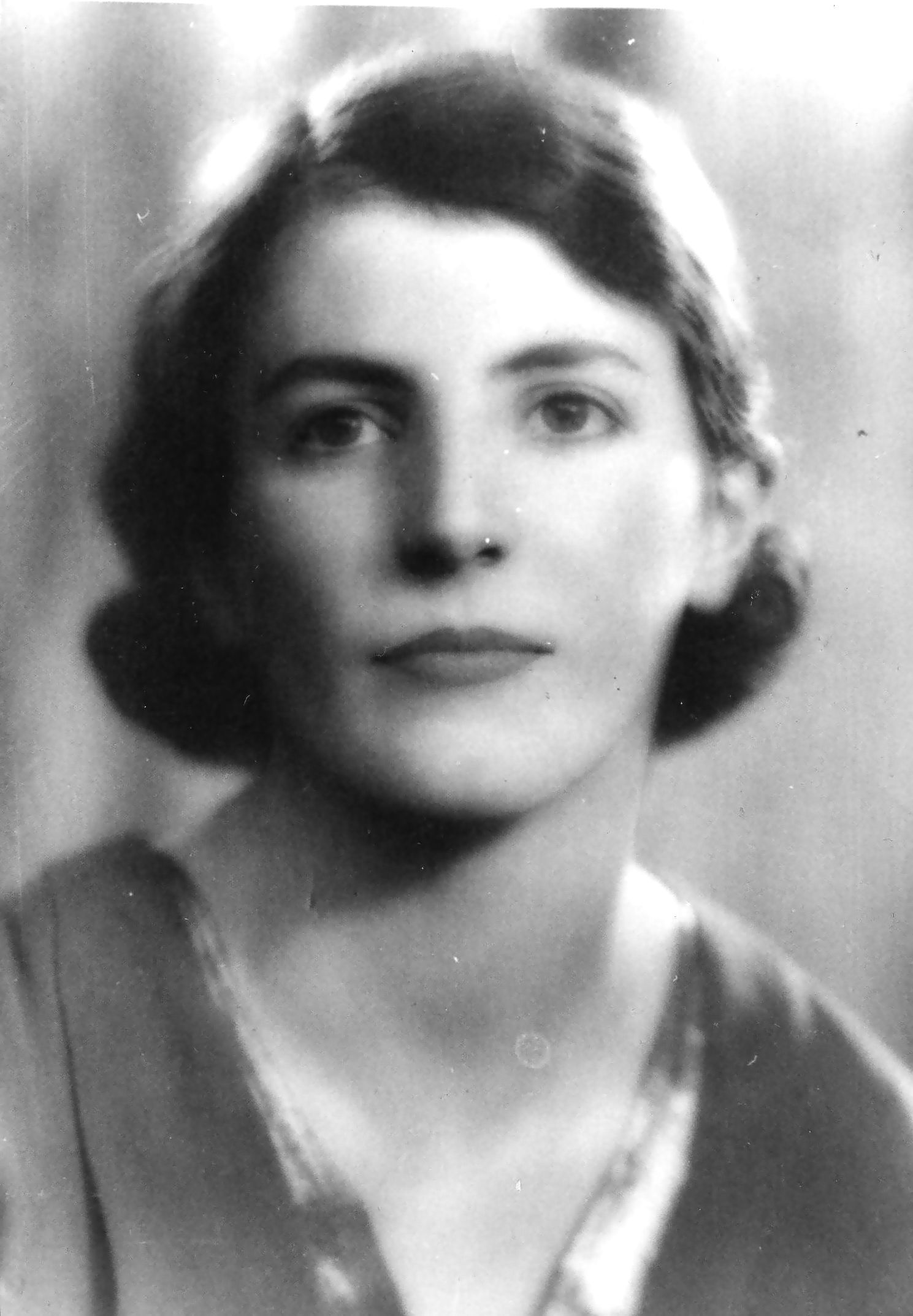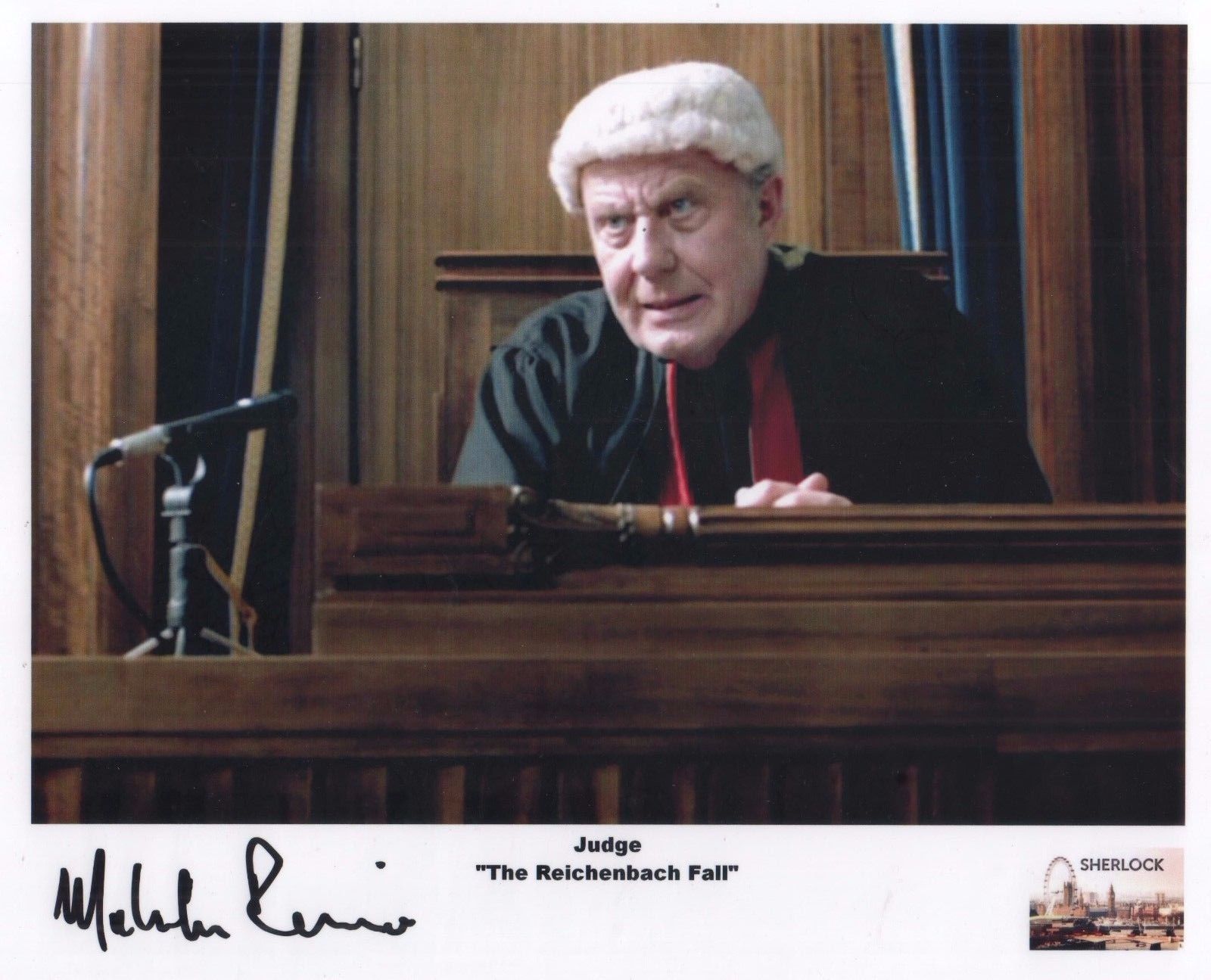Malcolm X: A Legacy Of Empowerment And Enduring Change
Born Malcolm Little on May 19, 1925, in Omaha, Nebraska, the man who would become known globally as Malcolm X stands as one of the most pivotal figures in civil rights history. His life, marked by profound transformation and an unwavering commitment to black empowerment, continues to resonate with powerful relevance today. From his early struggles with racism and the foster system to his emergence as a leading voice for black nationalism, Malcolm X challenged societal norms and inspired millions with his compelling oratory.
His journey from a troubled youth to an influential leader within the Nation of Islam, and eventually beyond, encapsulates a narrative of resilience, intellectual growth, and a relentless pursuit of justice. Malcolm X's powerful words captured the attention of a nation, encouraging self-reliance, inspiring pride in black heritage, and advocating for fundamental human rights. This article delves into the remarkable life and enduring impact of a man whose message continues to outrage some and inspire many, exploring the depths of his convictions and the indelible mark he left on the fight for equality.
Table of Contents
- The Formative Years of Malcolm X: A Journey Through Adversity
- Embracing a New Identity: Malcolm X and the Nation of Islam
- A Pivotal Figure in Civil Rights: Championing Black Empowerment
- Malcolm X: More Than a Leader – A Provider, Protector, and Teacher
- Biographical Snapshot: Understanding Malcolm X's Core Identity
- The Enduring Resonance of Malcolm X's Message
- Unpacking the Complexity: Malcolm X's Evolution and Impact
- Malcolm X's Unfinished Work: Inspiring Generations
The Formative Years of Malcolm X: A Journey Through Adversity
The early life of Malcolm X, born Malcolm Little on May 19, 1925, in Omaha, Nebraska, was a crucible of hardship and profound challenges that profoundly shaped his worldview. His upbringing was steeped in the realities of racial prejudice and systemic injustice, experiences that would later fuel his passionate advocacy for black liberation. From a very young age, Malcolm experienced extreme racism, a pervasive force in American society during the early 20th century, particularly for African American families actively involved in civil rights movements.
Malcolm Little's Early Struggles and Transformations
His mother was the national recording secretary for the Marcus Garvey movement, a powerful organization that commanded millions and advocated for black self-reliance and a return to Africa. This early exposure to black nationalist ideals, though indirect, undoubtedly planted seeds of consciousness in young Malcolm. However, his childhood was tragically disrupted by violence and loss, leading to years spent in the foster system. This period of instability, coupled with the pervasive racism he encountered, contributed to a path of delinquency and rebellion.
As a young man, Malcolm moved back to Boston, where he became involved in a life of crime. The "Data Kalimat" mentions that he went on a "stealing spree with his black friend Malcolm Jarvis and three white women, one of whom he has been dating." This phase of his life, characterized by illicit activities, reflected a sense of disillusionment and a search for identity within a society that offered limited opportunities for black youth. His criminal activities eventually led to his incarceration, a turning point that, paradoxically, became the catalyst for his extraordinary transformation.
From Incarceration to Illumination: The Genesis of Malcolm X's Awakening
It was while serving a sentence in prison that Malcolm Little embarked on a profound intellectual and spiritual journey. He dedicated himself to extensive reading, devouring books on history, philosophy, and religion, and meticulously copying dictionary entries to expand his vocabulary. This self-education laid the groundwork for his future as a powerful orator and intellectual. More significantly, while in jail, Malcolm joined the Nation of Islam. This religious and political organization, with its focus on black self-sufficiency, racial pride, and the critique of white supremacy, offered Malcolm a new framework for understanding his experiences and the systemic injustices faced by African Americans.
- Jesse Gabor
- Lisa Ann Walter Movies And Tv Shows
- Adnan Khan Wife
- Tucson International Airport
- Famous People From Allentown Pa
His conversion to the Nation of Islam provided him with discipline, purpose, and a sense of belonging he had lacked. It was during this period that he rejected the surname "Little" as a slave name given to his family by white oppressors, a symbolic act of liberation and a powerful statement against the historical erasure of African identity. He became known as Malcolm X, the "X" symbolizing his lost ancestral name, a powerful emblem of his newfound identity and commitment to black liberation. This transformation from a street hustler to a disciplined and intellectually formidable individual marked the true genesis of Malcolm X's public life and laid the foundation for his future role as a formidable leader.
Embracing a New Identity: Malcolm X and the Nation of Islam
Upon his release from prison, Malcolm X quickly rose through the ranks of the Nation of Islam, becoming its most articulate and charismatic spokesman. His powerful intellect, combined with his raw, unfiltered honesty and personal experience of racial injustice, made him an incredibly effective communicator. He became the public face of the organization, a prominent figure whose voice resonated deeply within black communities across America. Malcolm X's dedication was unwavering; he led countless demonstrations and spoke publicly, captivating audiences with his fiery rhetoric and uncompromising message.
The Rise of a Public Voice and the Rejection of a "Slave Name"
The adoption of "X" was not merely a change of name; it was a profound declaration of self-determination and a rejection of the historical legacy of slavery. By shedding the name "Little," Malcolm X symbolized a broader movement among African Americans to reclaim their heritage and assert their identity free from the impositions of their oppressors. This act, coupled with his burgeoning public speaking career, cemented his image as a radical and uncompromising advocate for black rights. His rejection of the slave name was a powerful statement that inspired many to question the foundations of their own identities within a racially stratified society.
Challenging the Status Quo: Malcolm X's Oratory and Influence
Malcolm X's powerful oratory became his most potent weapon. He challenged societal norms with his powerful speeches, dissecting the hypocrisy of American democracy and exposing the systemic racism that permeated every aspect of black life. His speeches were not merely calls for integration but demands for black self-respect, self-defense, and economic independence. He spoke directly to the pain and frustration of African Americans, articulating grievances that many felt but few dared to express so openly. His unvarnished critiques of white power structures and his advocacy for black self-determination made him a controversial figure, yet undeniably influential. He played a crucial role in the fight for black empowerment, providing an alternative, more militant voice to the mainstream civil rights movement.
The Nation of Islam, under his influence, saw its membership grow significantly. The organization provided a structured environment for many who felt disenfranchised, offering a sense of community, discipline, and a clear ideological framework. Malcolm X's ability to articulate the Nation's principles with such clarity and conviction made him an indispensable asset. While the "Data Kalimat" mentions "The three men were all members of the Nation of Islam," this highlights the communal and organizational aspect of his work, where he was part of a collective striving for a common goal, even as he emerged as its most prominent voice.
A Pivotal Figure in Civil Rights: Championing Black Empowerment
Malcolm X's role as a prominent civil rights activist and minister cannot be overstated. He became a leading voice for black nationalism, a philosophy that emphasized racial pride, economic self-sufficiency, and the creation of black institutions. Unlike the integrationist approach favored by many civil rights leaders, Malcolm X initially advocated for complete separation from white society, believing that true equality could only be achieved through black self-determination and empowerment. His message was a powerful counter-narrative, offering a sense of dignity and agency to a people long oppressed.
Known for his powerful oratory, Malcolm X had an uncanny ability to connect with the masses. His speeches were not just informative; they were transformative. He used vivid language, sharp wit, and an undeniable passion to awaken a sense of pride and self-worth in his audiences. His powerful words captured the attention of a country, forcing both black and white Americans to confront the harsh realities of racial injustice. He encouraged empowerment and inspired pride in black heritage, urging African Americans to embrace their identity, history, and culture with unapologetic conviction.
His advocacy extended beyond mere words. Malcolm X was a relentless advocate for human rights, arguing that the struggle for black equality in America was not just a civil rights issue but a human rights issue, thereby attempting to bring it to the attention of international bodies. He challenged the notion of passive resistance, arguing for self-defense and the right of black people to protect themselves against racial violence. This stance, while controversial, resonated deeply with many who felt that non-violent approaches were insufficient in the face of brutal oppression. Malcolm X's influence pushed the boundaries of the civil rights discourse, making the more moderate voices seem more palatable to the white establishment, inadvertently contributing to the broader movement's success.
Malcolm X: More Than a Leader – A Provider, Protector, and Teacher
Beyond his public persona as a fiery orator and a formidable activist, Malcolm X embodied a multifaceted role for the many people around him. He epitomized provider, protector, teacher, and companion through the examples he set. For his followers and those he mentored, he offered not just ideological guidance but also practical support and a sense of belonging. He taught self-discipline, moral rectitude, and the importance of education and self-improvement, drawing from his own transformative experiences in prison.
As a protector, Malcolm X instilled a sense of courage and self-respect in a community that had long been denied both. He advocated for black communities to defend themselves against violence and oppression, empowering them to stand up for their rights with dignity. His emphasis on self-reliance extended to economic and social spheres, urging black people to build their own institutions and support their own businesses, thereby providing for themselves and their communities.
His role as a teacher was perhaps one of his most profound contributions. Malcolm X educated countless individuals about their history, the nature of systemic racism, and the importance of critical thinking. He challenged the narratives propagated by the dominant society and encouraged his audiences to seek knowledge and truth for themselves. His teachings were not confined to the pulpit or the podium; he engaged in countless one-on-one conversations, offering guidance and mentorship to those who sought it.
Even as a companion, Malcolm X connected with people on a deeply personal level, understanding their struggles and aspirations. He was a figure of immense charisma and empathy, capable of inspiring fierce loyalty and devotion. His message and legacy continue to outrage some and inspire many, a testament to the powerful and often polarizing nature of his truth. His complex identity as a spiritual leader, political activist, and personal mentor solidified his unique position in American history.
Biographical Snapshot: Understanding Malcolm X's Core Identity
To fully appreciate the impact and journey of Malcolm X, it is essential to contextualize his life through key biographical details. These facts underscore the profound transformation he underwent and the significant roles he played in the civil rights movement and beyond.
| Attribute | Detail |
|---|---|
| Full Name | Malcolm Little (later Malcolm X, El-Hajj Malik El-Shabazz) |
| Born | May 19, 1925, Omaha, Nebraska, U.S. |
| Died | February 21, 1965, New York, New York |
| Notable Roles | African American leader, prominent figure in the Nation of Islam, Civil Rights Activist, Minister, Advocate for Black Empowerment |
| Key Beliefs | Black Nationalism, Self-reliance, Self-defense, challenging societal norms, Human Rights |
| Mother's Role | National recording secretary for Marcus Garvey movement |
| Early Life | Experienced extreme racism, spent years in the foster system, served a sentence |
These details paint a picture of a life shaped by both profound adversity and extraordinary resilience. From his birth in Omaha, Nebraska, to his tragic death in New York, New York, Malcolm X's journey was one of constant evolution and unwavering dedication to the cause of black liberation. His rejection of his birth name and adoption of "X" remains one of the most powerful symbols of his commitment to shedding the vestiges of slavery and asserting a new, empowered identity for African Americans.
The Enduring Resonance of Malcolm X's Message
The legacy of Malcolm X is not confined to the history books; it continues to live and breathe in contemporary discussions about race, justice, and identity. His message, though often controversial in its time, has proven to have an enduring resonance, particularly for those who seek radical change and uncompromising justice. To explore Malcolm X's life, from his early years to his impactful role in the Nation of Islam and beyond, is to dive into a legacy that remains intensely relevant today.
He is recognized as one of the most pivotal figures in civil rights history, not just for his direct actions but for the profound shift he brought to the national conversation about race. His powerful words, which once captured the attention of a country, continue to inspire new generations to demand equality and challenge systemic oppression. The encouragement of empowerment and the inspiration of pride in black heritage that he championed are fundamental tenets of modern black liberation movements.
- Tucson International Airport
- Alessandro Preziosi E Fidanzata
- Sleep Sack
- Dokkan Info
- Yaya Mayweather Age

Pictures of Malcolm Rennie

Pictures of Malcolm Rennie

Pictures of Malcolm Rennie